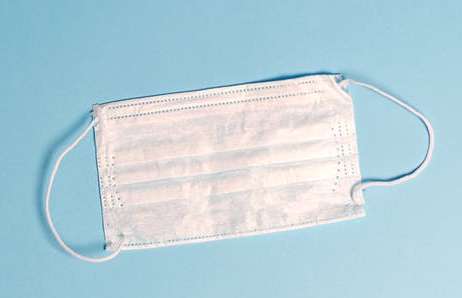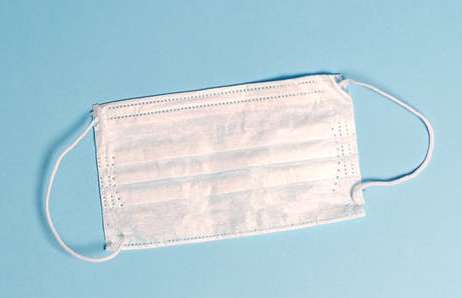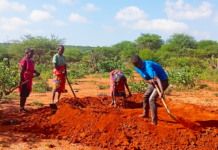By Lilian Museka
Nairobi, Kenya: Kenya Association of Manufacturers (KAM) has released a list of local manufacturers who produce the material (Non-Woven Polypropylene) needed to manufacture 3-ply face masks (due to their high filtration ability). The masks shall be used by both medical personnel and the general public as the country grapples with the coronavirus pandemic.
The Association will work with Kenya Fashion Council (KFC) to incorporate small businesses in fashion design and tailoring across the country, who will sew masks to meet local demand.
Face masks are one of the many critical non-pharmaceutical supplies that local industries have the capacity to produce for use by healthcare providers and the public.
The Cabinet Secretary for Industrialization, Trade and Enterprise Development, Betty Maina acknowledged Kenyan manufacturers’ capacity to produce the critical items, noting, “The local textile industry now has the capacity to produce masks locally. We shall work with Kenyan manufacturers to produce as much of the critical medical items as we can locally, to bridge the shortage of materials.”
CS Maina added that the production of these items shall begin immediately. “We have approved the production of critical items. We shall immediately commence the production of fabric to be used to sew 60 million masks. The fabric shall then be sold to tailors all over the country to make them accessible to all citizens. We are replacing the global supply chain by producing the items locally,” she added.
KAM has been engaging the government on measures to combat the impact of COVID-19 to the country, following its announcement as a global pandemic.
One of the Association’s key tasks has been the need to forge the resilience of local industries, especially SMEs by enhancing the local value chain – from raw materials to finished products. By doing so, we can ensure the continued production of food and other essential items needed in the country.

KAM Chief Executive, Phylis Wakiaga remarked that working with KFC will give SMEs in the Textiles and Apparels Sector an opportunity to seal gaps in the local value chain as all stakeholders work together to curb the spread of the virus.
She also reaffirmed industry’s commitment to working with the government to relieve the ever-increasing demand for the much-needed critical items in the country, as we seek to curb the exposure and spread of coronavirus.
“The manufacturing sector is committed to supporting various on-going initiatives to mitigate the spread of the virus throughout the country. This includes the continued production of essential goods and services whilst remaining ethical and fair in pricing to enable, especially SMEs and those whose daily wage will be greatly impacted by the pandemic, to cater to their basic needs. Local manufacturers have also increased their production of the critical items to meet the increasing demand.” added Wakiaga.
KEBS is expected to test other medical supplies including protective footwear and ventilator prototypes currently under development, full-body suits, headgears, protective footwear, hospital scrubs, hospital linen, and surgical gloves. The body has made available the standards on COVID-19 items for free on their website and shall give priority to samples related to the pandemic and reduced turnaround time for giving back results.
Last week, the CS indicated that face masks in the country would retail for as low as Sh5 as the government had begun the process of mass manufacturing.
Currently, most traders are selling the masks between Ksh. 100- Ksh. 250 which is way above-recommended prices.














